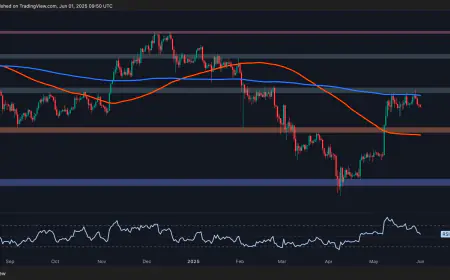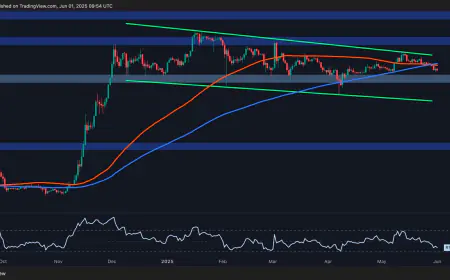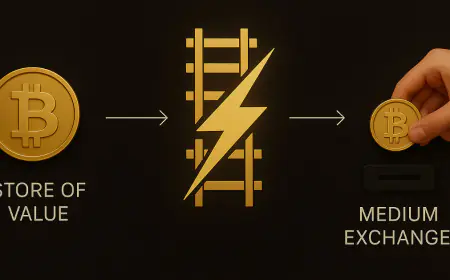Ethereum faces regulatory uncertainty amid SEC probe
The status of Ethereum, the world’s second-largest cryptocurrency, faces uncertainty as the US Securities and Exchange Commission (SEC) initiates an investigation into the Ethereum Foundation. This move by the regulatory body has sent ripples of concern throughout the cryptocurrency market as industry insiders speculate on potential ramifications. SEC investigation and its implications The SEC’s probe […]

The status of Ethereum, the world’s second-largest cryptocurrency, faces uncertainty as the US Securities and Exchange Commission (SEC) initiates an investigation into the Ethereum Foundation. This move by the regulatory body has sent ripples of concern throughout the cryptocurrency market as industry insiders speculate on potential ramifications.
SEC investigation and its implications
The SEC’s probe involves classifying Ether (ETH), Ethereum’s native token, as a security. If classified as such, it could significantly impact the cryptocurrency market. The investigation reportedly began shortly after Ethereum transitioned to a proof-of-stake model in September 2022, raising questions about Ether’s role within the ecosystem.
The SEC’s stance on Ethereum has been historically ambiguous. In 2018, then-Director of Corporation Finance William Hinman declared Ether wasn’t a security, and the current SEC Chair, Gary Gensler, expressed a more skeptical view. Gensler’s remarks suggest that proof-of-stake tokens could be considered securities, although Ethereum hasn’t been directly mentioned in his statements.
Furthermore, the SEC’s recent approval of several Bitcoin futures ETFs contrasts with its oversight of Ether futures markets, regulated by the Commodity Futures Trading Commission (CFTC). This discrepancy in approach underscores the regulatory inconsistencies within the SEC and adds to the confusion surrounding Ethereum’s classification.
Industry responses and strategic maneuvers
In response to the SEC’s investigation, major financial institutions such as BlackRock and Fidelity have applied for spot Ether ETFs. However, the uncertainty surrounding Ethereum’s regulatory status casts doubt on the approval of these ETFs, potentially impacting institutional adoption.
Meanwhile, the controversial firm Prometheum seeks to offer Ether custody under SEC oversight. Some speculate that this move could be a strategic maneuver to influence the SEC’s decision, potentially acting as a “Trojan Horse” for security classification.
Future outlook and market impact
The outcome of the SEC’s investigation holds major implications for Ethereum and the broader cryptocurrency market. Classifying Ether as a security would subject it to stricter regulations, potentially hindering its growth and impacting existing Ether futures markets. Moreover, it could discourage the approval of spot Ether ETFs, dealing a blow to institutional adoption.
The ongoing regulatory uncertainty surrounding Ethereum underscores the challenges facing the cryptocurrency industry. The SEC’s aggressive approach under Gensler aims to exert greater control over the market. However, the lack of clear communication and potential inconsistencies within the SEC create confusion and hinder innovation.
Ethereum stakeholders will closely monitor developments surrounding the SEC’s investigation in the coming months. Clarity on Ether’s classification is essential for fostering responsible development within the crypto ecosystem and ensuring the continued growth of Ethereum and the broader cryptocurrency market. Investors and industry players eagerly await regulatory guidance that balances innovation with investor protection.
What's Your Reaction?




































































































